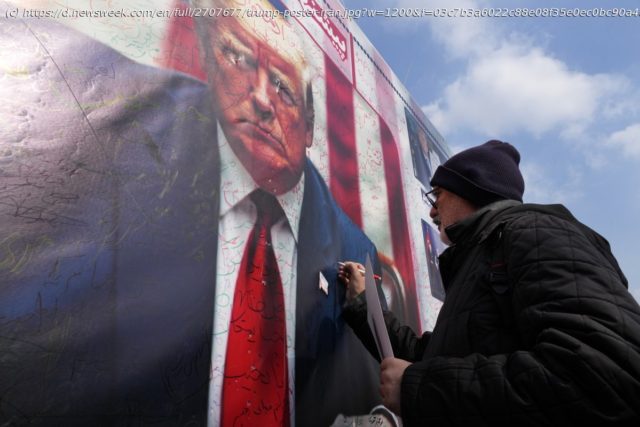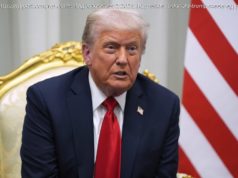The clash over Iran’s nuclear program is escalating, with U.S. sanctions and Europe’s snapback threat putting Tehran under maximum pressure.
As Iran races against a looming European deadline for another nuclear deal, the Trump administration is escalating pressure by sanctioning Iranian companies and vessels linked to its oil exports, tightening the economic noose around Tehran.
The move on Thursday came just one day before the Iranian foreign minister was due to speak with France, Germany, and the U.K., the three European powers warning they could trigger U.N. «snapback» sanctions if Tehran fails to comply before the critical August cutoff.
Newsweek has reached out to the U.S. State Department and to the foreign ministries of Iran, France, Germany, and the U.K. for comment.Why It Matters
The new U.S. sanctions target Iran’s main revenue stream, limiting its ability to fund weapons programs, support regional proxies, and extend influence across the Middle East. Europe’s snapback threat adds diplomatic pressure, requiring Iran to resolve nuclear concerns and restore International Atomic Energy Agency (IAEA) cooperation by August 31 or face renewed U.N. penalties.
The combined economic and diplomatic measures highlight the global stakes of Iran’s nuclear activities and the risks to regional stability.What To Know
The U.S. sanctions target what officials describe as a global oil-smuggling network helping Tehran evade restrictions.






